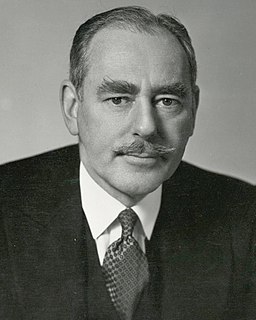A Quote by Jill Lepore
'Doctor Who' is, unavoidably, a product of mid-twentieth-century debates about Britain's role in the world as its empire unravelled.
Related Quotes
Today's Uncle Tom doesn't wear a handkerchief on his head. This modern, twentieth-century Uncle Thomas now often wears a top hat. He's usually well-dressed and well-educated. He's often the personification of culture and refinement. The twentieth-century Uncle Thomas sometimes speaks with a Yale or Harvard accent. Sometimes he is known as Professor, Doctor, Judge, and Reverend, even Right Reverend Doctor. This twentieth-century Uncle Thomas is a professional Negro -by that I mean his profession is being a Negro for the white man.
Film is more than the twentieth-century art. It's another part of the twentieth-century mind. It's the world seen from inside. We've come to a certain point in the history of film. If a thing can be filmed, the film is implied in the thing itself. This is where we are. The twentieth century is on film. You have to ask yourself if there's anything about us more important than the fact that we're constantly on film, constantly watching ourselves.
It has been said that the three great develpments in twentieth century science are relativity, quantum mechanics, and chaos. That strikes me the same as saying that the three great developments in twentith century engineering are the airplane, the computer, and the pop-top aluminum can. Chaos and fractals are not even twentieth century ideas: chaos was first observed by Poincare and fractals were familiar to Cantor a century ago, although neither man had the computer at his disposal to show the rest of the world the beauty he was seeing.







































